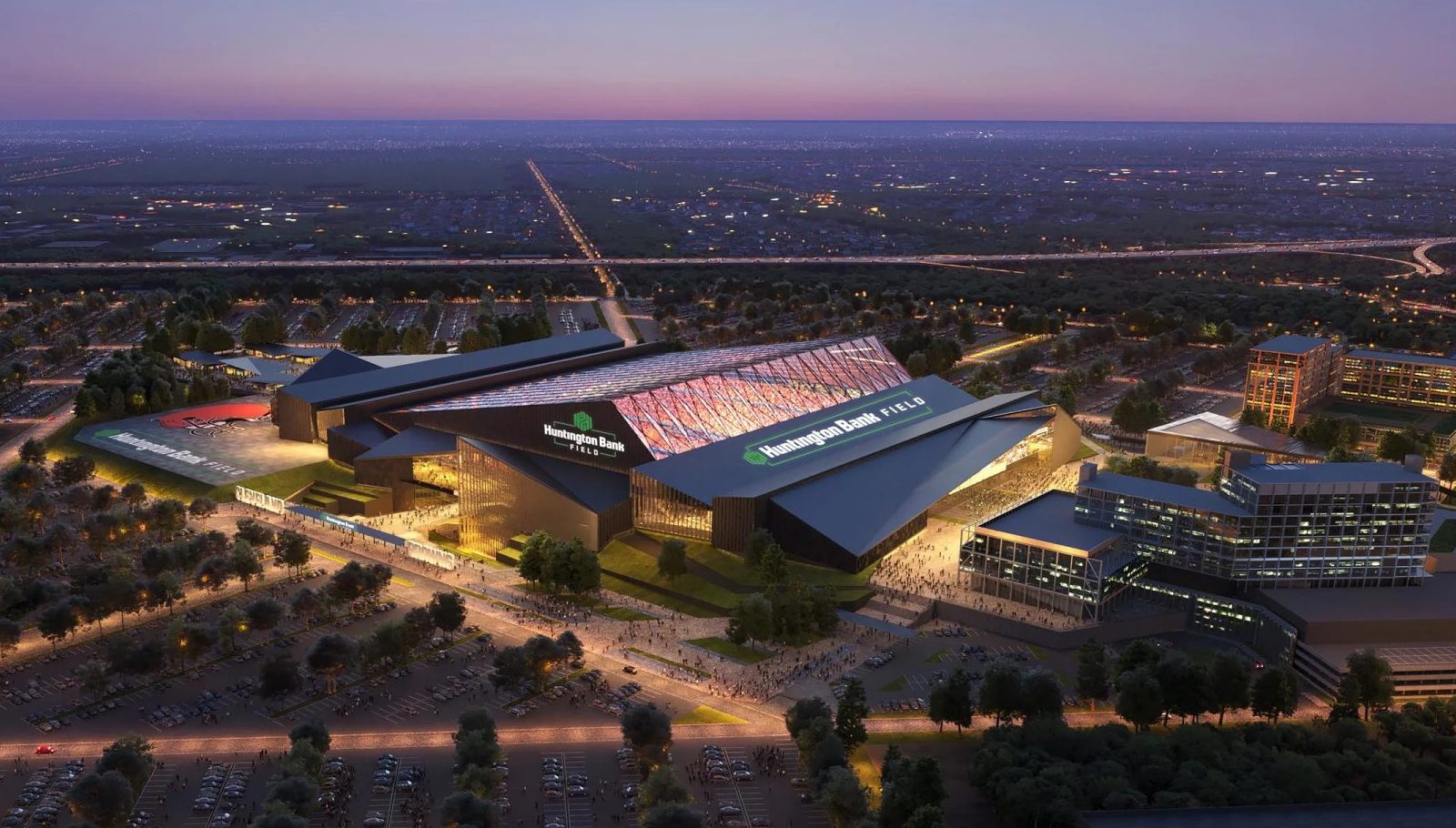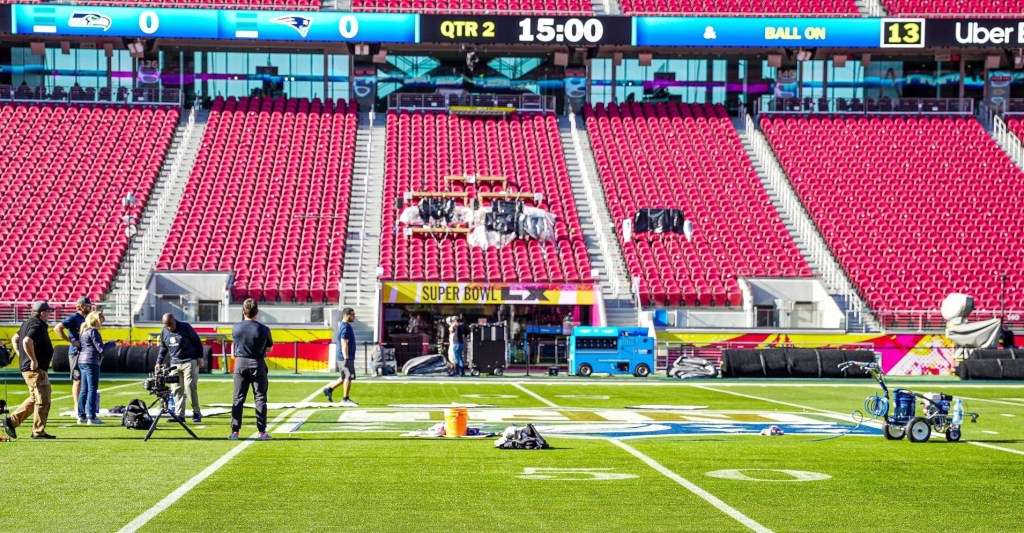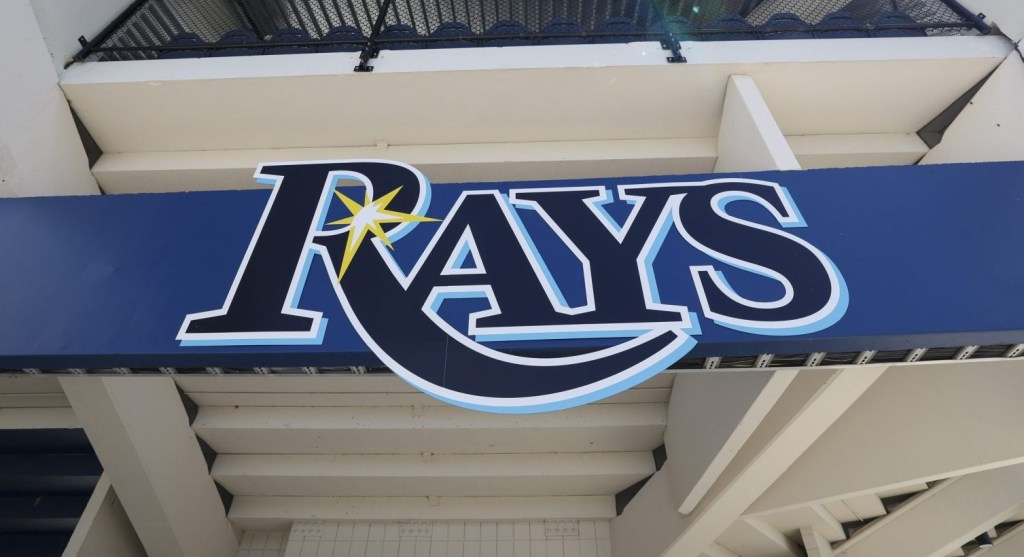The Browns’ $2.4 billion plan to build a new stadium and mixed-use development in suburban Brook Park, Ohio, has cleared one major hurdle, but it will likely soon face others.
The state legislature has likely mooted a legal battle between the NFL team and the city of Cleveland over Ohio’s Art Modell Law, named for the late former owner of the Browns and designed to keep pro teams playing in publicly supported facilities from moving.
The law blocks any team relocation without giving city officials six months’ notice and an opportunity to buy the franchise, and became the source of competing lawsuits from the team and the city as the Browns look to depart Huntington Bank Field in downtown Cleveland. A last-minute change to the Ohio budget, however, alters the Modell Law to apply the limitations only to teams looking to leave the state of Ohio entirely.
The shift, not surprisingly, angered city officials, with Cleveland saying in a statement that “we strongly oppose this legislative maneuver because Clevelanders have invested hundreds of millions in the lakefront stadium and surrounding infrastructure. This proposed change fails to protect communities like us when a team decides to leave.”
The Browns and team owner Haslam Sports Group called that sentiment a mischaracterization.
“The General Assembly’s amendment of the Modell Law confirms that the law is intended only to prevent teams from breaking a lease or leaving the state,” the team said. “The Browns are doing neither of those things. The team is staying right here in Cuyahoga County, less than a mile from the city line, and HSG will honor every commitment of the Browns’ current lease.”
That lease at Huntington Bank Field expires after the 2028 season.
New Battle
As the state budget now moves to Gov. Mike DeWine for his signature, that monetary plan includes $600 million in previously approved funding for the Browns’ stadium in Brook Park. That money would be drawn from an account of unclaimed state funds, such as utility deposits, uncashed cashier’s checks, and forgotten bank accounts, and repaid through future tax revenues. DeWine has until June 30 to sign the final budget.
Two primary obstacles, however, remain in that plan. DeWine has line-item veto power and could strip out that particular piece of ratified legislation. A group of former Democratic lawmakers in Ohio, meanwhile, intends to file a class-action lawsuit against the move if it proceeds, calling the use of those funds unconstitutional.
“These are funds held in trust. This is not state property,” said attorney and former state Rep. Jeff Crossman. “These funds belong to all those hardworking Ohioans across the state with forgotten savings accounts, uncashed checks, overpaid utility bills—they’re not abandoned. … We’re not anti-stadium. We’re anti-theft.”

















